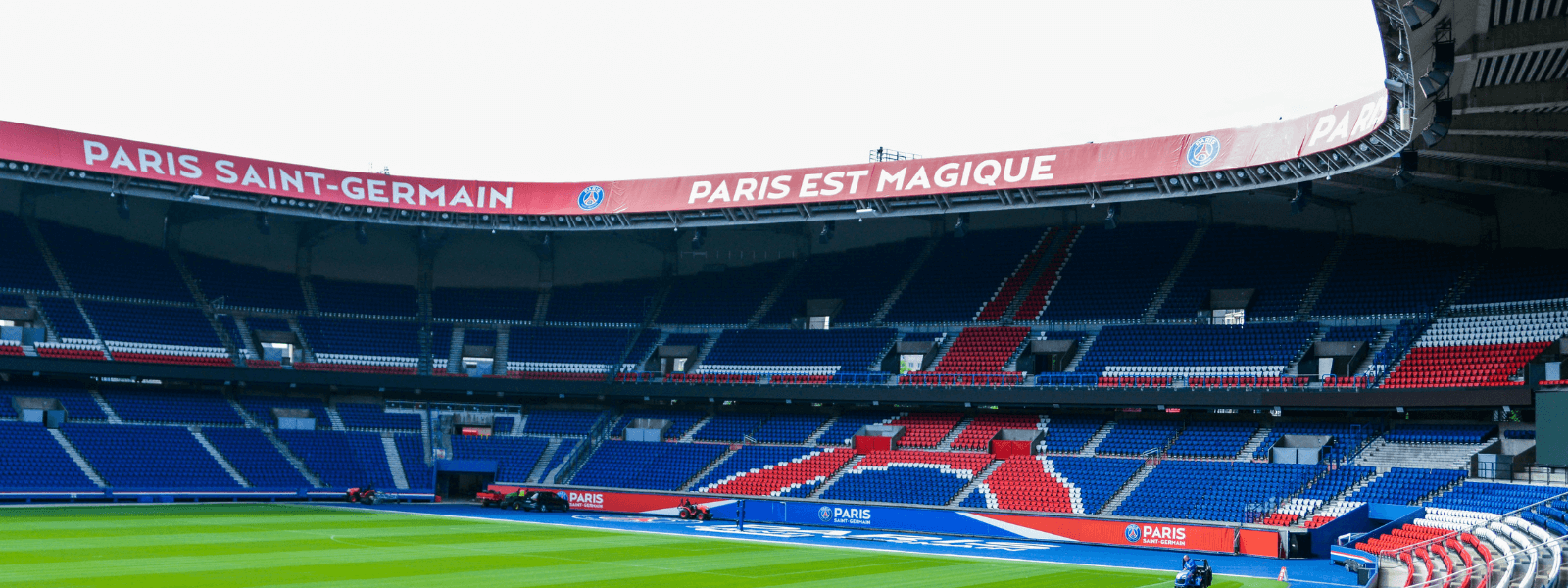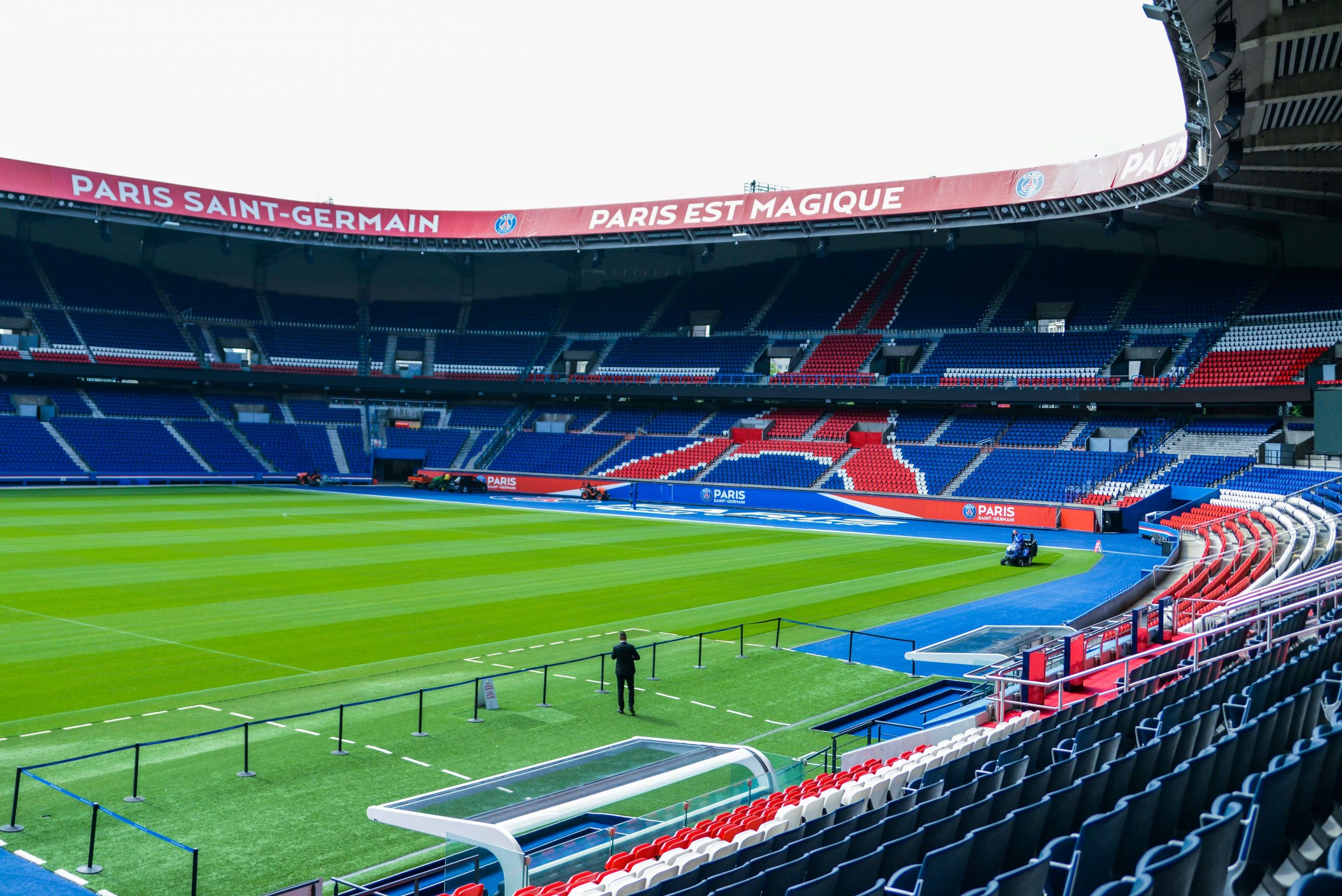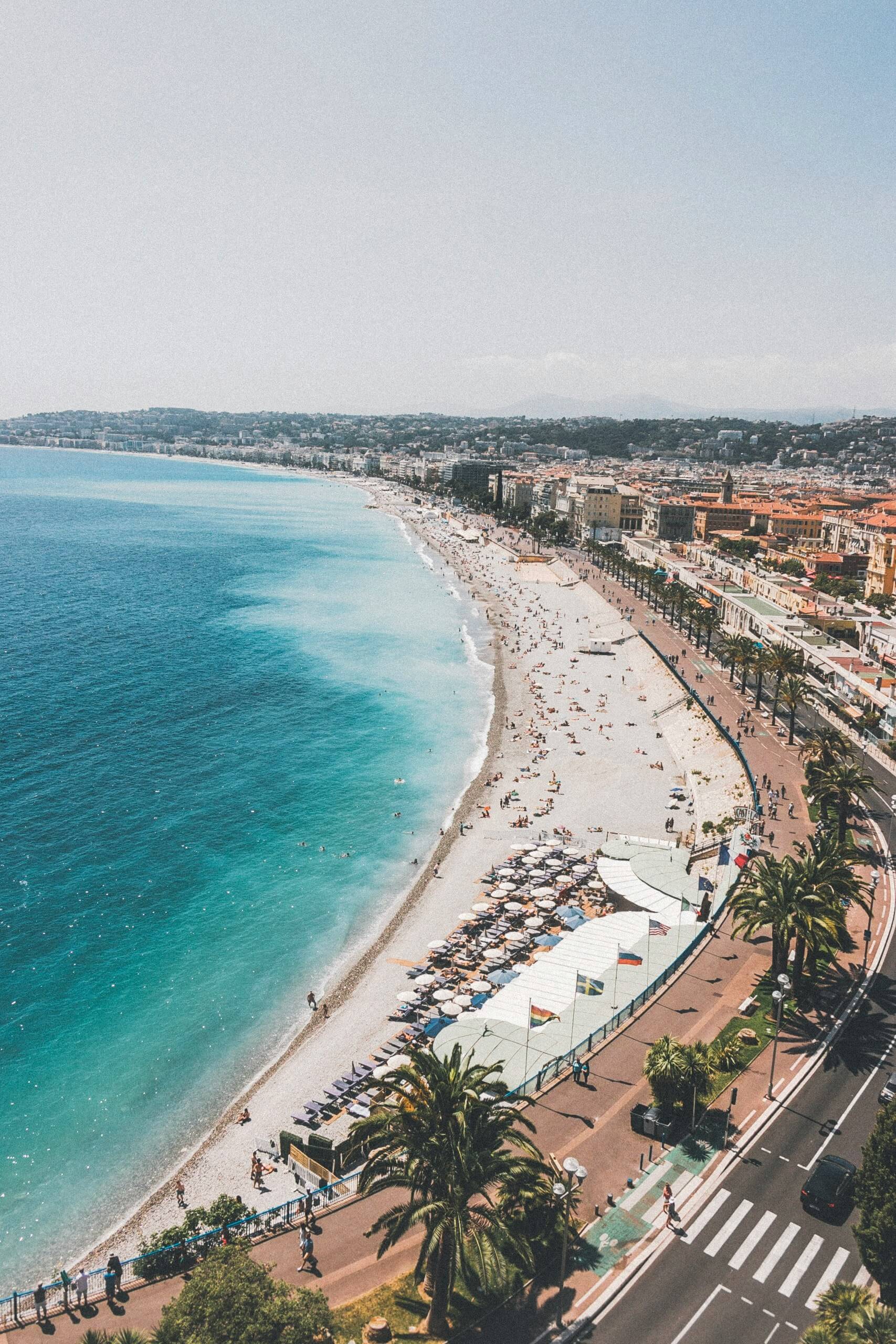
European Football Championship 2016
The fifteenth UEFA European Championship was held in France, marking the third time the country hosted Europe’s most significant national football event. The most notable innovation brought by this Championship was the new tournament format, expanding from 16 to 24 teams, allowing many national teams not at the top of European football to participate in this competition.
Qualifications
53 teams participated in the qualifications for this European Championship, divided into nine groups. The format was again changed compared to the previous edition, with the best first-placed and second-placed teams earning the right to qualify directly for the European Championship. Alongside them, the best third-placed team also qualified directly. The remaining third-placed teams played additional playoff matches, after which four more teams advanced to France, making 23 countries that qualified for the European Championship through the qualifications.
Host Country
France hosted the fifteenth European Championship in nine cities. In Paris, matches were played at the Parc des Princes and the Stade de France. Matches were also held in Marseille, Lyon, Lille, Bordeaux, Saint-Étienne, Lens, Nice, and Toulouse.
Participating Teams
As the host, France had a direct place in the Championship. The group winners who qualified were England, the Czech Republic, Austria, Northern Ireland, Portugal, Spain, Italy, Belgium, and Germany. The second-placed teams in their groups were Iceland, Switzerland, Wales, Romania, Albania, Poland, Russia, Slovakia, and Croatia. The best third-placed team was Turkey, and through the playoffs, the teams that qualified for the final tournament were Hungary, the Republic of Ireland, Sweden, and Ukraine.

“Park Princes” stadium in Paris. Photo: unsplash.com.
Group Stage
In the group stage, the teams were divided into six groups of four. The first and second-placed teams advanced to the Round of 16, along with the four best third-placed teams.
From Group A, which featured France, Romania, Albania, and Switzerland, France and Switzerland secured further advancement. In Group B, which included England, Wales, Russia, and Slovakia, Wales, England, and Slovakia moved on to the Round of 16. Group C saw Germany, Ukraine, Poland, and Northern Ireland compete, with Germany, Poland, and Northern Ireland advancing. Group D featured Spain, the Czech Republic, Turkey, and Croatia, with Croatia and Spain moving forward. In Group E, which included Belgium, Italy, the Republic of Ireland, and Sweden, Italy, Belgium, and the Republic of Ireland advanced. Finally, in Group F, featuring Portugal, Iceland, Austria, and Hungary, Hungary, Iceland, and Portugal reached the Round of 16.
Knockout Stage
Another innovation for this European Championship was that teams advanced to the Round of 16 after the group stage. Poland defeated Switzerland on penalties after a 1-1 draw over 120 minutes. Wales beat Northern Ireland 1-0, and Portugal defeated Croatia 1-0 after extra time. France overcame the Republic of Ireland 2-1, while Germany convincingly defeated Slovakia 3-0. Similarly, Belgium thrashed Hungary 4-0. In the big derby of this round, Italy defeated Spain 2-0, eliminating them from the title defense. The biggest surprise of this phase was Iceland’s victory over England, which scored 2-1. It was considered one of the biggest upsets in the history of the European Championships.
In the quarter-finals, Portugal was better after a fierce battle and a penalty shootout than Poland, scoring 1-1 after extra time. In the second quarter-final, Wales defeated Belgium 3-1, while the third match saw a great derby between Germany and Italy. It ended 1-1 after 120 minutes, and Germany advanced to the semi-finals by winning the penalty shootout. France also reached the semi-finals by convincingly defeating Iceland 5-2.
In the semi-finals, Portugal finally secured their first victory within the regular 90 minutes, defeating Wales 2-0. In the other semi-final, France, with goals from Griezmann, defeated Germany 2-0, advancing to the final.

Nice, one of the host cities. Photo: unsplash.com.
Final
The final saw France and Portugal face off. France was certainly the favorite, but this time, the favorites did not win. After a tense match that went into extra time, Portugal, with a goal from Eder in the 109th minute, claimed victory and thus won their first European Championship title.
Statistics
French player Antoine Griezmann scored six goals in this European Championship, and he was also deservedly named the best player of the Championship.
Legacy and impact
This European Championship will certainly be significant because the number of participating teams has expanded compared to previous tournaments. The trend was to allow as many teams as possible to participate in the final tournament. Besides football reasons, this decision aimed to generate higher revenues from television and all other rights associated with the European Championship.
Interesting Facts
In this European Championship, football fans could enjoy the skills of players from four countries that qualified for the most significant European football competition for the first time. These were the national teams of Iceland, Northern Ireland, Wales, and Albania. Additionally, Portugal became the champion for the first time, joining the select group of countries that have achieved this feat.



